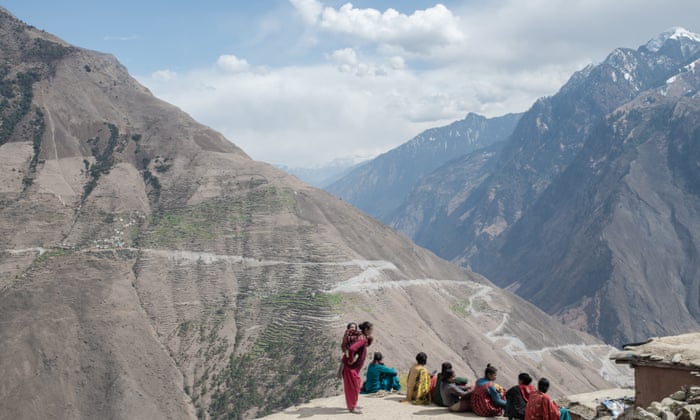
(The Guardian) During Cop weeks, scientists publish a huge swathe of depressing climate studies with the hope of focusing negotiators’ minds.
Today’s State of the Climate in Asia 2021 report from the World Meteorological Organisation (WMO), has found that economic losses from drought, floods and landslides have rocketed in Asia. In 2021 alone, weather and water-related hazards caused total damage of US$ 35.6bn, affecting nearly 50 million people.
These climate change impacts are wreaking an ever-increasing human, financial and environmental toll, worsening food insecurity and poverty and holding back sustainable development.
Relevantly, for today, the future climate scenarios would likely cause extreme water stress. High mountain Asia, including the Himalayas and the Tibetan Plateau, contains the largest volume of ice outside of the polar region, with approximately an area of 100,000 km2 of glacier coverage. The rate of glacier retreat is accelerating and many glaciers suffered from intense mass losses as the result of exceptionally warm and dry conditions in 2021. These so-called water towers of the world are vital for freshwater supplies for the most densely populated part of the planet and so glacier retreat has major implications for future generations.
“The climate indicators and extreme events shown this report and expected increase in precipitation over much of Asia in the future shows just how vital it is to strengthen early warning systems,” said WMO secretary General, Prof Petteri Taalas. “The UN Early Warnings for All programme will help protect people from more frequent and intense extreme weather – and there are major gaps to be filled in Asia.”
